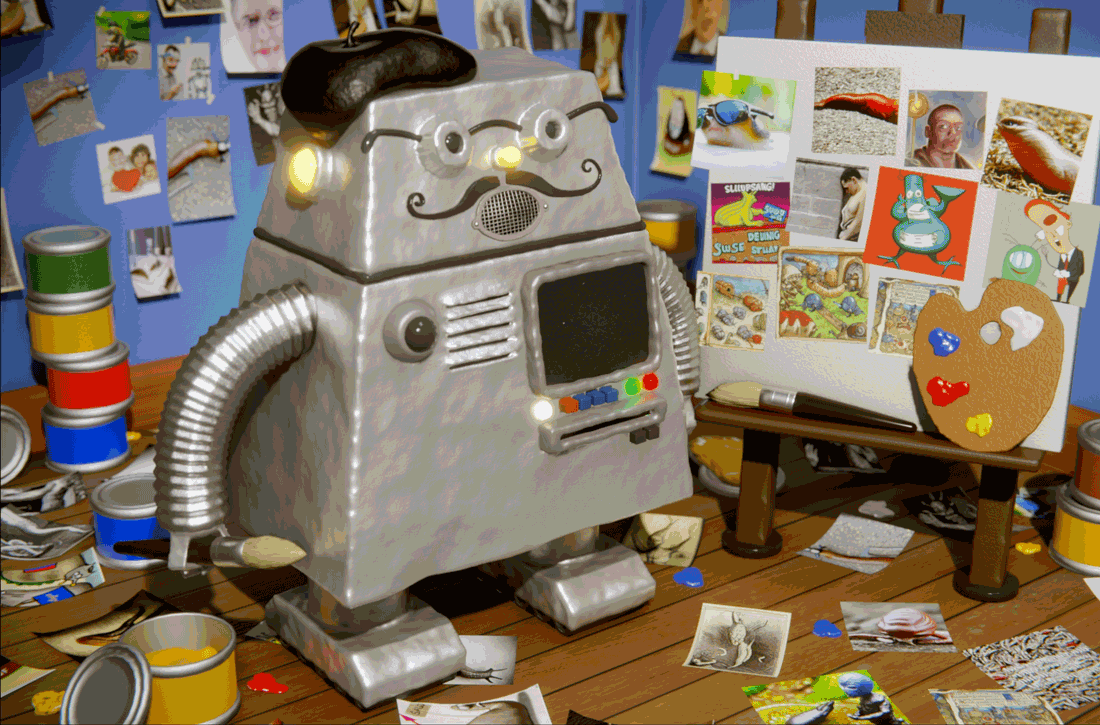
The impact of artificial intelligence on human jobs is a topic of much debate and speculation. While AI has the potential to automate certain tasks and replace human workers in some specific roles, the overall effect on jobs is more nuanced.
We can't deny that AI technology has become the biggest disruptor in the history of human labor with a recent Goldman Sachs study estimating 300 million jobs will be lost. On the other hand, a similar study from the University of Chicago found that one machine per 1,000 workers will cause the employment rate to decrease by at least 0.18%. It may not sound that much but it is about a half-a-million layoffs in a country the size of the United States.
Even if some jobs are not lost, there has been a relative decrease in the average wages of blue-collar workers with 50-70% of such changes attributed to automation. Furthermore, the growing reliance on AI and automation has also increased income inequality.
While new and better jobs will be created to replace the outdated ones, you have to be agile enough to keep up with this fast-moving trend to further one's career and future prospects. After all, everyone's success lies in the harmony between human skill and automation.
New technologies are supposed to increase work productivity and automation yet some companies reduce their workforce and rely more on AI. Many tech companies say that they're cutting costs so they go for AI chatbots and virtual assistants rather than maintaining full-time customer service representatives, telemarketers, and clerks. The creative process will become AI-driven to the point that brands will be less likely to employ graphic designers, content creators, and even, copywriters. Even in today's on-demand e-commerce landscape, manual human labor in warehouses, fulfillment centers, and factories will be phased out while tradespeople will eventually lose their roles.
Despite the ominous future prospects that human jobs will be taken over by machines, there is still labor shortage in some industries as machines can never replicate certain human actions and behaviors. Consumers would still prefer that human touch in any product or service. After all, we're all making things intended for humans, not robots. We should treat these new technologies as tools to improve productivity rather than relying on them as human replacements. The digital landscape will require more AI professionals with in-depth knowledge of AI and data science to train new models using large datasets. Besides, it is important to create new AI models based on real human data to ensure accurate, bias-free results.
We probably think that the greater automation of work would mean that a large variety of jobs involving repetitive and routine tasks might be lost. Although such a trend is observed in various industries, particularly in the manufacturing and customer service sectors, new types of jobs have also emerged to replace what was lost. Yes, many companies have relied more on AI algorithms to do some of the tasks we humans performed. Yet, some types of jobs have pivoted to go along the changing landscape.
Even with AI's most powerful features and potential new applications, there is still a need for human expertise to help transform AI with continued development, deployment, monitoring, and maintenance. As much as it automates certain tasks and job roles, it is unlikely to replace the entirety of human work in the near future. Many jobs require complex social interactions, emotional intelligence, creativity, critical thinking, and adaptability - traits that AI systems currently struggle to replicate.
New roles will emerge that focus on managing and leveraging AI systems effectively through data science, machine learning, and other related fields. Rather than replacing humans, AI can enhance human capabilities and productivity in various fields that require data management and analysis. Society will continue to evolve alongside AI, and it is crucial to adapt education and training systems to prepare individuals for the changing job landscape. Additionally, governments, organizations, and individuals need to collaborate to ensure the ethical and responsible use of AI while considering its impact on jobs and society as a whole.






No comments:
Post a Comment